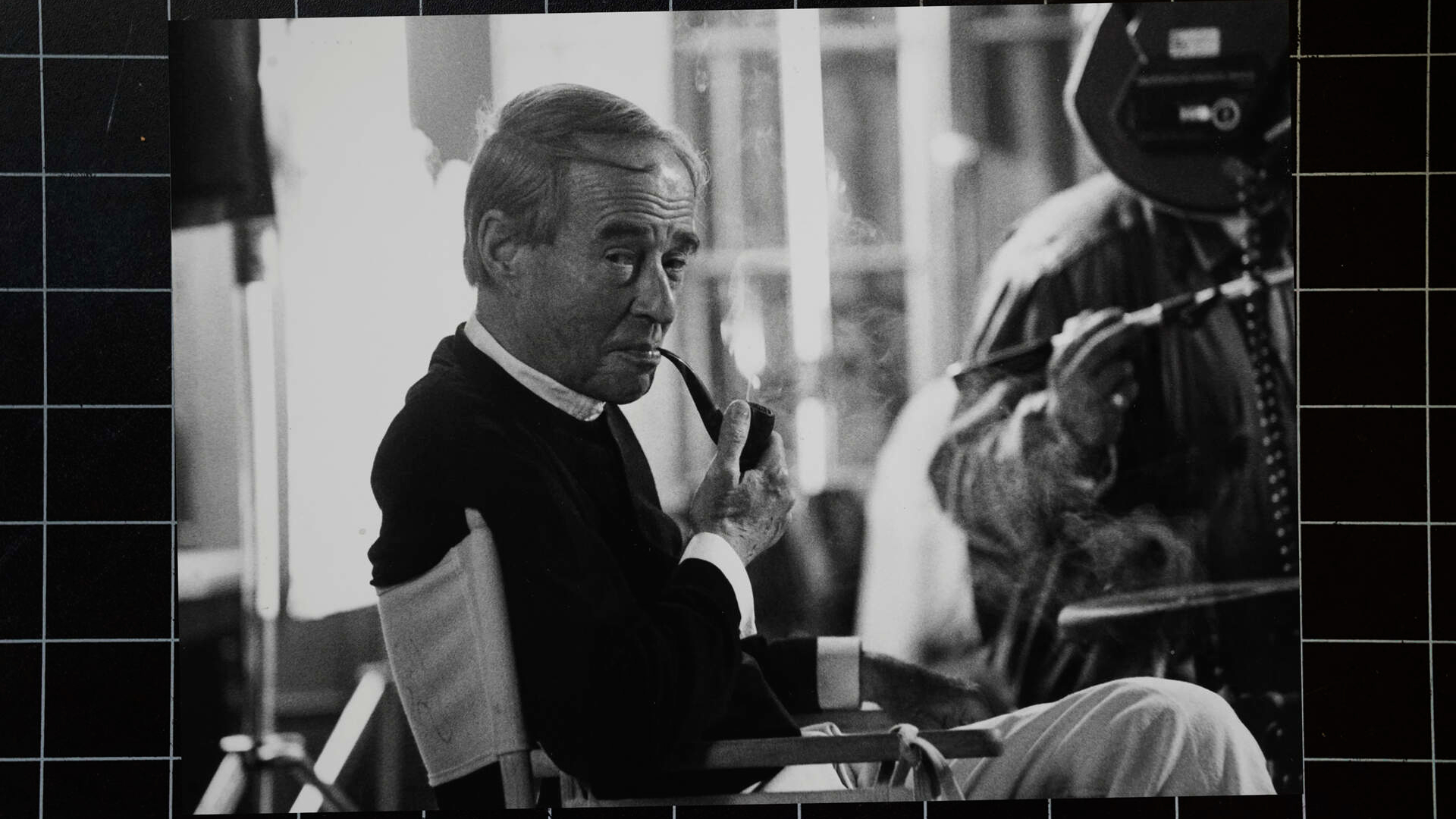Film and Archive:
The Seitz Filmproduktion company
Founded in 1956 by Franz Seitz (1921-2006), the Franz Seitz Filmproduktion company has always made a significant contribution to German film history. The DFF holds parts of the company’s archive. Franz Seitz began producing his first feature films in 1952 under the Ariston-Film GmbH, which became his own company four years later. Throughout the 1950s and 1960s, the company focused mainly on entertainment films such as “BEI DER BLONDEN KATHREIN” (DE 1959, dir. Hans Quest), alongside a few artistically ambitious and political films such as Rosselini’s “LA PAURA” (IT/DE 1954). Despite the challenges of the post-war period and the German economic miracle, Franz Seitz managed to produce more than 80 films, write 40 scripts and direct eleven of them. In particular, he played a key role in major literary adaptations such as Volker Schlöndorff’s “DIE BLECHTROMMEL” (THE TIN DRUM, DE/FR 1979), which won prestigious awards such as the Palme d’Or and an Oscar®. Other successes include the adaptation of Ludwig Thoma’s “LAUSBUBENGESCHICHTEN” (DE 1964, dir. Helmut Käutner) and the subsequent school film series “DIE LÜMMEL VON DER ERSTEN BANK” (DE 1967-1972), both scripted by Franz Seitz. Today, Seitz GmbH Filmproduktion is still a family-owned company, run by Franz Seitz’s son, Peter Seitz.
In “DU KANNST MICH FRAGEN WAS DU WILLST” Anni Seitz, granddaughter of Franz Seitz, explores the life and work of her grandfather.

Friday 10.05.2024
18:00 Uhr

DU KANNST MICH FRAGEN WAS DU WILLST - FRANZ SEITZ
Deutschland 2021. R: Anni Seitz. Dokumentarfilm. 90 Min. DCP
Zu Gast: Anni Seitz
Filmreihe: Die Seitz Filmproduktion
Die Regisseurin Anni Seitz spürt dem Leben und Werk ihres Großvaters Franz „Buba“ Seitz nach, der als Produzent für Volker Schlöndorffs DIE BLECHTROMMEL (DE/FR 1979) einen Oscar erhielt und das deutsche Nachkriegskino mit Filmen wie DIE LÜMMEL VON DER ERSTEN BANK (BRD 1968. R: Werner Jacobs) oder LAUSBUBENGESCHICHTEN (BRD 1964. R: Helmut Käutner) geprägt hat. Der Dokumentarfilm gibt Einblick in persönliche Dokumente, lässt Weggefährt:innen wie Volker Schlöndorff, Uschi Glas oder Hans Kraus zu Wort kommen und erzählt dabei auch von der Geschichte des deutschen Films seit den 1950er Jahren.
Unfortunately it is not possible to buy tickets for this event online.
The staff at the counter of the DFF is available for questions regarding tickets for this event.

